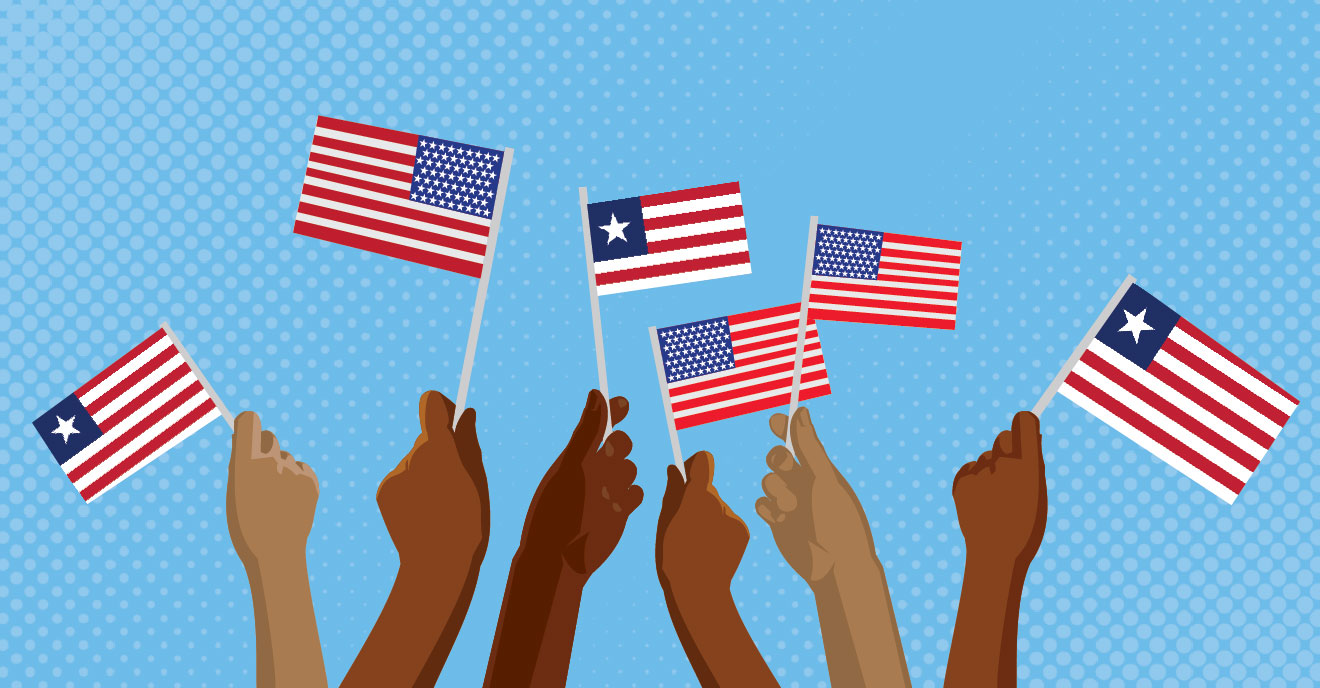For the first time in decades, Congress has passed legislation creating a path to citizenship for foreign nationals. A provision in the defense appropriation bill (section 7611) passed just before the holidays, allows for Liberians present since November 20, 2014, to apply for adjustment of status to permanent residency.
For well over 20 years, an estimated 4,000 Liberians have lived in legal limbo in the United States and this legislative fix provides the security many have needed.
Among the cadre of advocates includes Senator Tina Smith (D-MN). Smith, who celebrated with the Liberian community in Brooklyn Park Minnesota, represents one of the largest Liberian communities in the country. In collaboration with Senator Jack Reed (D-RI), whose Liberian Refugee Immigration Fairness Act served a model for the defense provision, they worked to rally bipartisan support on this issue.
“This is an example of what you can accomplish if you have strong voices and strong organizing and the [Brooklyn Park] community — and communities all over the country — have played an important role in bringing this issue to the forefront and getting it resolved,” Smith said in a phone interview with Blavity Politics.
Though Liberians are only a small portion of a much larger community of people made vulnerable by current immigration policies, and in need of a permanent solution, this marks a momentous win for immigrant rights in this political moment.
“There is still so much more work we need to do in so many different parts of our community," Smith went on to say. "I hope this victory gives us energy and hope to push forward to fight and win the other victories we need for immigration fairness and all the other places in the country where that needs to be achieved."
The immigration relief programs under which Liberian nationals resided — known as Temporary Protected Status (TPS) and Deferred Enforced Departure (DED) — provided a stay from deportation but did not offer legal permanent residency.
Beginning in the early 1990s, two consecutive civil wars caused thousands of Liberians to flee their home country for safety. In addition to neighboring West African nations, the long history between Liberia and the United States made the latter a likely destination. These relief programs provided the ability to live and work in the U.S. for periods of 12 to 24 months at a time, with renewal at the discretion of the executive branch.
As such, Liberian nationals could maintain a sense of normalcy with access to a driver’s license and work authorization to carry out day-to-day tasks.
However, the uncertainty brought on by yearly expiration dates of these programs, processing delays at USCIS, and even increased difficulty obtaining driver’s licenses at local DMVs, emphasized the added need for a permanent fix. These concerns compounded by President Donald Trump’s decision to terminate DED in March of 2018, upended any semblance of stability.
As a result, efforts were amplified over the last year, calling for an extension of DED and a Congressional solution. The first win came in March 2019 when just days before expiration, the Trump administration yielded by extending the termination date until March 2020.
A second win came through the introduction of the DREAM-Promise Act of 2019 (H.R. 6) — which included TPS and DED recipients for the first time in its 18-year history. A lawsuit brought by 15 Liberian nationals, UndocuBlack Network, African Communities Together and the Lawyers Committee for Civil Rights Under Law initially called for court intervention on the matter.
Though the courts dismissed this case, the legal team is currently pursuing the lawsuit to find out why the administration terminated DED in the first place.
Ultimately, the passage of this bill came as a result of decades of persistent organizing and advocacy from impacted community members, Black immigrant rights groups, and allies at the local, state, and federal levels.
